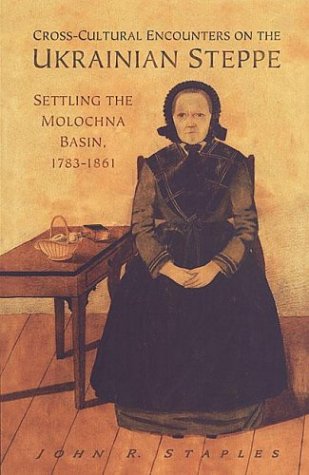

Most ebook files are in PDF format, so you can easily read them using various software such as Foxit Reader or directly on the Google Chrome browser.
Some ebook files are released by publishers in other formats such as .awz, .mobi, .epub, .fb2, etc. You may need to install specific software to read these formats on mobile/PC, such as Calibre.
Please read the tutorial at this link: https://ebookbell.com/faq
We offer FREE conversion to the popular formats you request; however, this may take some time. Therefore, right after payment, please email us, and we will try to provide the service as quickly as possible.
For some exceptional file formats or broken links (if any), please refrain from opening any disputes. Instead, email us first, and we will try to assist within a maximum of 6 hours.
EbookBell Team

4.1
10 reviewsA regional history of colonization and adaptation in southern Ukraine, Cross-Cultural Encounters on the Ukrainian Steppe examines how diverse agrarian groups, faced with common environmental, economic, and administrative conditions, followed sharply divergent paths of development. Using a wide variety of sources, including local Ukrainian and Russian archives never before examined by a western scholar, John Staples compares and contrasts how the Mennonites, Nogais, Russians, Ukrainians, and other groups transformed their environments and adapted to life in the Molochna Valley.
Staples contends that the allocation and use of land formed a central hub around which public life in Molochna revolved, and determined the success or failure of each group. Ultimately, he concludes, it was the settlers, not the state, who decided how they would adapt to the arid southern Ukrainian steppe. Perhaps most importantly, Staples makes a major contribution to the investigation of how peasant groups can emerge from their traditionalist mentality and life-style as the Mennonites of Molochna did. His thoughtful analysis will be a welcome addition to the study of both Tsarist peasant history and Russian and Ukrainian agricultural and peasant history.